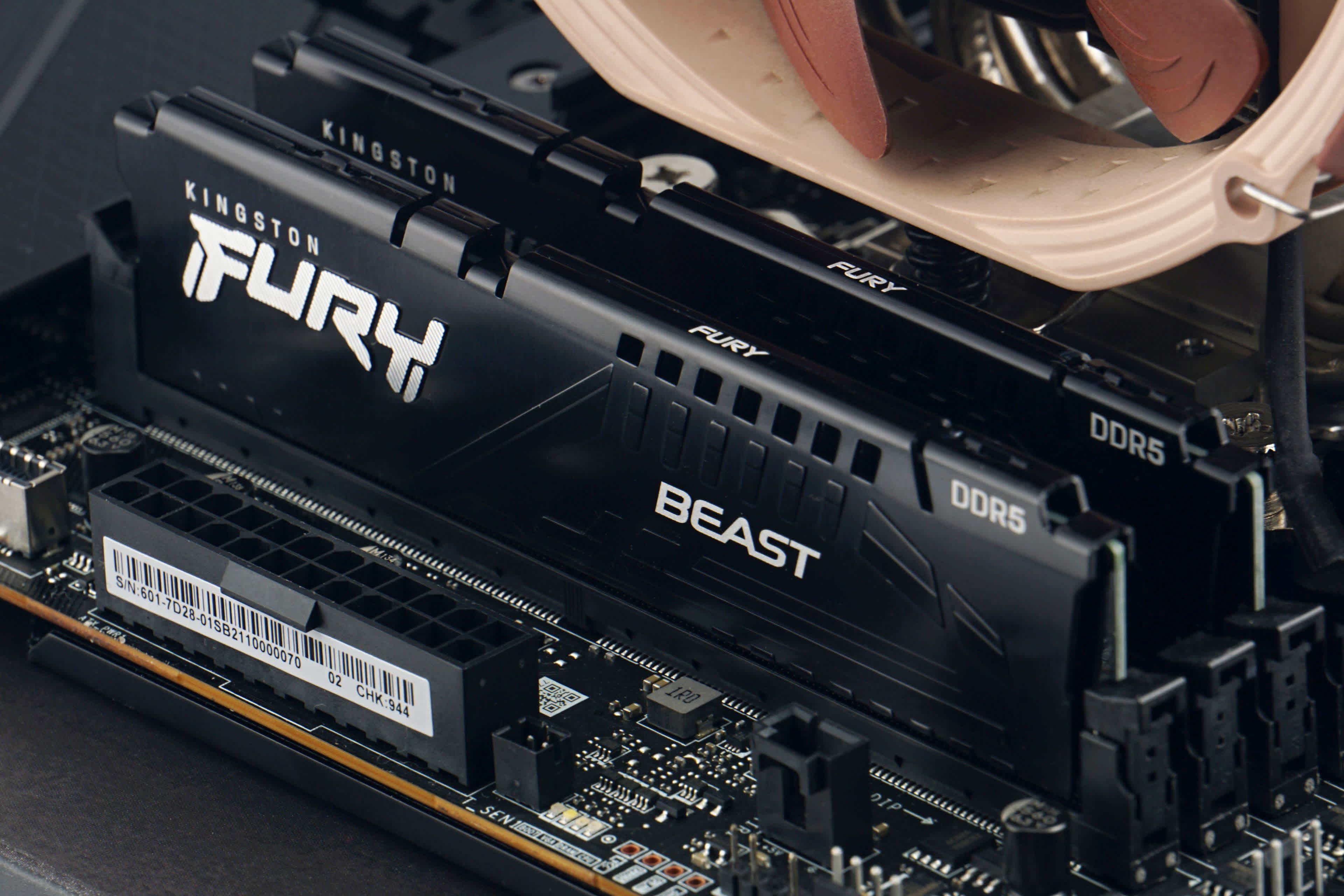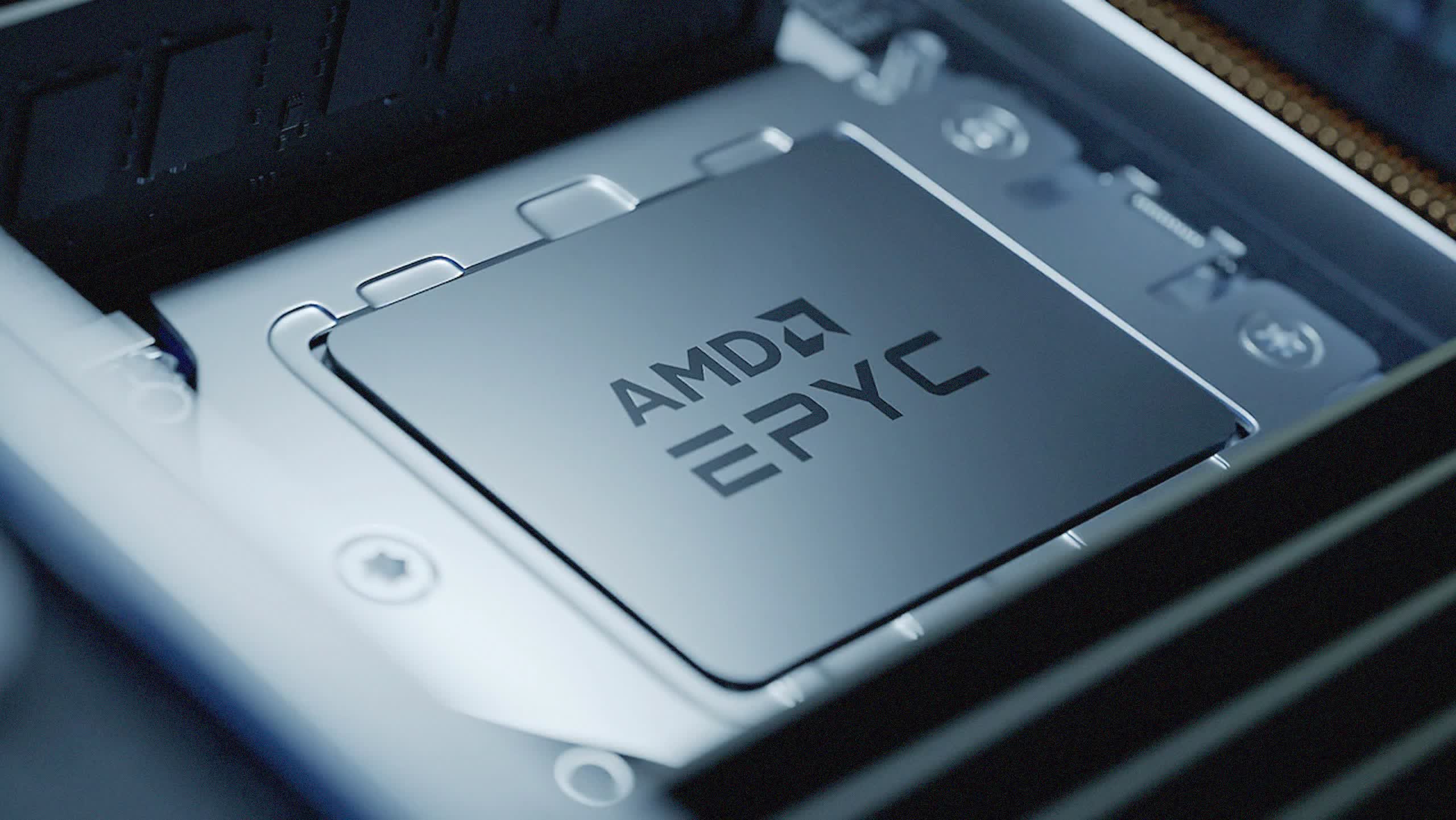In brief: A new Linux driver for AMD's Epyc server CPUs has added support for the company's upcoming Zen 4 generation of processors. The patch notes mention DDR5 RAM along with some other details regarding memory.
The latest Linux Error Detection And Correction driver for Epyc processors adds support for AMD's 19h, 10h-1Fh, and A0h-AFh models, as well as Registered DDR5 (RDDR) and Load-Reduced DDR5 (LRDDR) memory. AMD's current Epyc CPUs only support DDR4 RAM, and we already know Zen 4 will work with DDR5.
RDDR and LRDDR are types of memory used for servers. Compared to typical DDR, the former offers them higher bandwidth and scalability, while the latter supports higher-density memory.
While the current Epycs are limited to eight memory controllers per socket, the patch confirms Zen 4 will have 12. It's unclear how much of this information could apply to Zen 4 desktop CPUs.

Over the summer, AMD confirmed Zen 4 was on track to launch next year. Made on TSMC's 5nm node, the processors are expected to support AM5 sockets and PCIe 5.0. In November, AMD revealed the "Genoa" and "Bergamo" data center Zen 4 CPUs, which should launch in 2022 and 2023, respectively. Genoa will come with 96 cores while Bergamo, designed for cloud data centers, will have 128.
The desktop Zen 4s are expected to max out at 16 cores.
